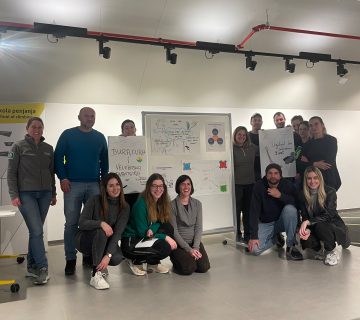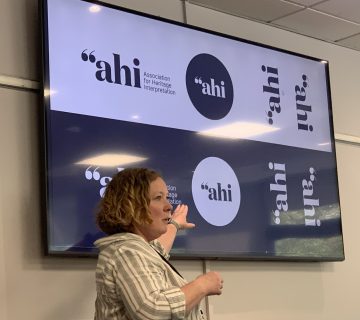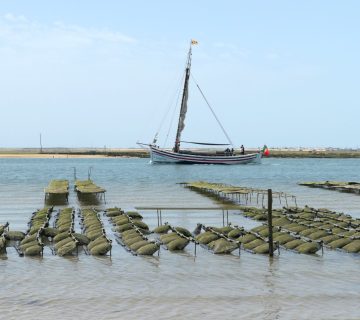Heritage interpreters help participants to make connections with places and their significant heritage values.
By using relevant interpretive tools, they create learning opportunities that can lead to appreciation and care. Learning starts with curiosity, and curiosity starts with provoking thoughts in the mind of participants.
Asking questions is one of the strongest tools the interpreter can use in personal interpretation as well as in facilitating nonpersonal interpretation projects, which includes liaison among a client, stakeholders, and creative multidisciplinary teams.




